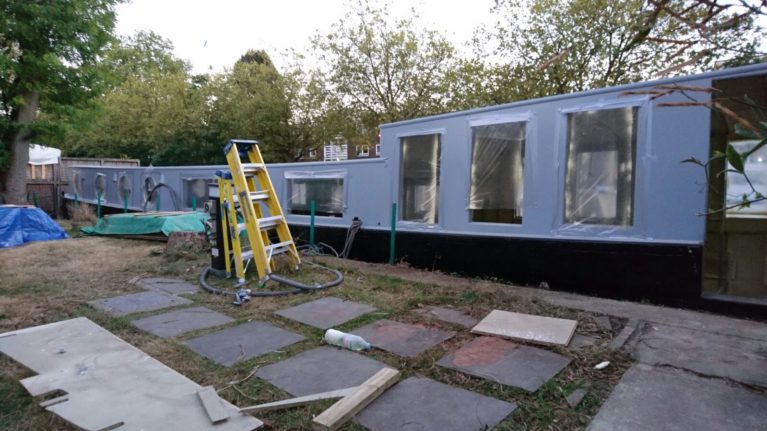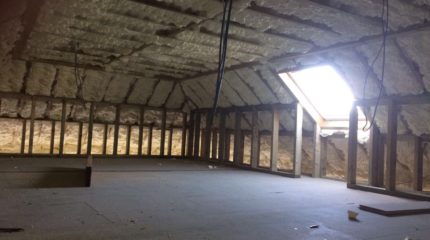How to Insulate Boats and Yachts
About Icynene
Getting out on the water in your own boat is the ultimate sense of freedom, but owning a boat doesn’t come easily. Detailed and thorough planning is necessary to ensure your time on the water is comfortable and relaxing, and doesn’t present any more problems. Everything from exterior coating, emergency supply storage and boat insulation needs to be considered.
But how exactly do you insulate a boat? And why is spray foam insulation so important? We’ve decided to put together several points so you can make the best decision when it comes to your boat insulation.
Why is boat & yacht insulation so important?
Keeping your boat insulated is a must. Around the boat engine and other working parts, insulation adds a layer of soundproofing – essential if you want to help drown out the noise and vibrations created. Plus, keeping the parts free from condensation damage is crucial for improving the lifespan of the working parts. Icynene spray foam insulation for boats also helps maintain steady temperatures to optimise mechanical working conditions for the engine and wiring.
As many vessels will have large amounts of steel or metal parts, heat conductivity can rise quickly. Correct boat insulation will keep space underneath the deck cooler in the heat, and trap heat in when the colder months hit.
Insulating boats & yachts:
The key aim when insulating boats is to control temperature and prevent condensation. The most important areas are the hull and underneath the deck. The two areas with large surface areas will attract the most moisture, so it’s important that an accurate layer of marine spray foam insulation is applied. Icynene® boat insulation foam is hydrophobic, meaning it repels moisture on impact.
For internal cavities (those that aren’t exposed to the air or sea) it is recommended that open-cell spray foam insulation is used, as this is more efficient at soundproofing than close-cell spray foam insulation. However, as the close-cell insulation is denser and dries rock hard, it is a more effective insulator and better prevents moisture from infiltrating the interior of the boat.
Icynene® spray foam insulation for boats
There are several main types of boat insulation solutions available, each with unique advantages and preferences. However, there is only one option which ticks all the boxes and provides the best thermal regulation, soundproofing and moisture defence.
Icynene® is the most cost-efficient form of spray foam insulation, and is suitable for all boats and yachts whether the interior is made from metal, plastic or wood. Its qualities at preventing condensation and moisture penetration are unrivalled, and also offers great thermal insulating to keep your boat cool in summers and warmer in the colder months.
The area to be insulated is prepped by an accredited Icynene® contractor, then sprayed into the cavity and instantly expands 100 times its own size to fill the area.
Interested in using Icynene® spray foam boat insulation for your vessel? Contact one of our friendly team members to discuss your project and get a no obligation quote and discover more information on Icynene® spray foam insulation and Icynene® costs. Alternatively, get an instant quote.
Back to blogs



